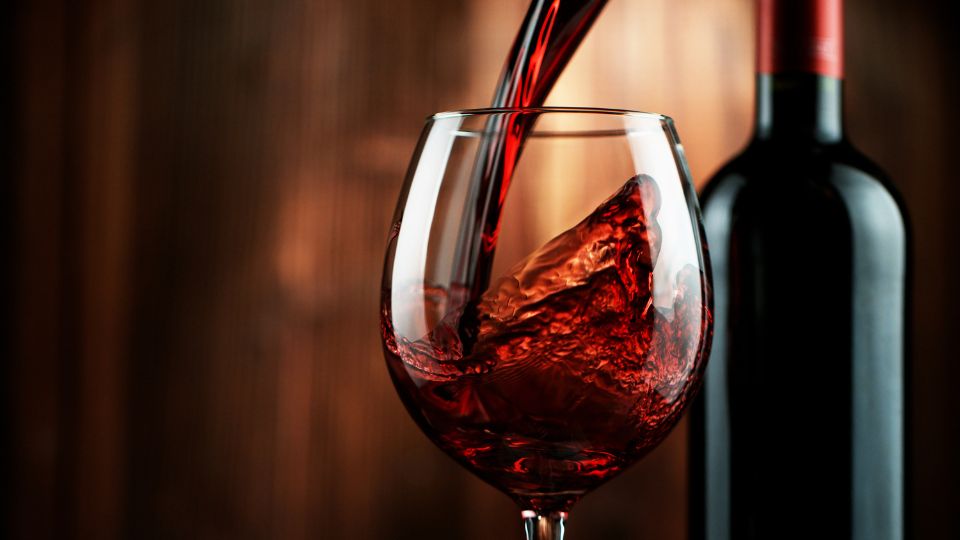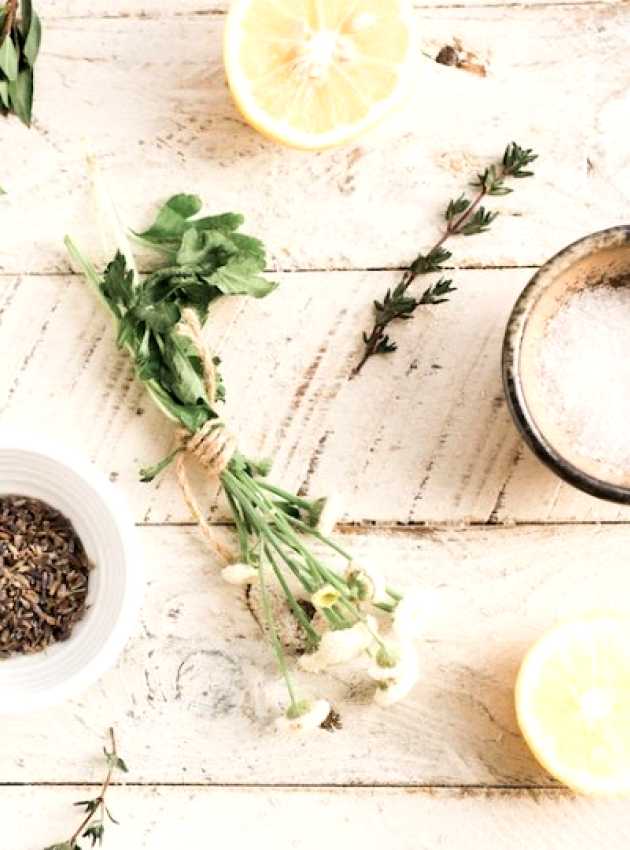
Diving into the world of wine revolves around our personal tastes, the dishes we enjoy, and the harmony we seek in our tasting adventures. If you're curious about the sugar content of various wines, especially given the lack of nutritional labels on bottles in Canada, this article is for you. We guide you through a journey of different wines and their sugar profiles to enhance your tasting experiences.
From Dry to Sweet: Understanding Wine Classifications
- Dry Wines: Characterized by low residual sugar, they offer a less sweet tasting experience for those who favour this profile.
- Off-Dry Wines: With a hint of sweetness, they contain slightly more sugar than dry wines.
- Sweet Wines: Distinctly sweeter, these wines cater to lovers of rich and sweet flavours.
Residual Sugar and Calories: The Connection
Residual sugar in wine refers to the sugar left after fermentation and directly affects the wine's calorie content. The higher the residual sugar, the more calorie-dense the wine becomes.
Comparing Wines: Which to Choose?
- Red Wines: Typically drier, making them less sweet.
- White Wines: Their sugar content varies. Some, like Chardonnay, are often dry, while others can be sweeter.
- Rosé Wines: Sugar levels can vary but usually lie between red and white wines.
- Sparkling Wines: Don't be misled by the bubbles! Some, like brut champagne, are very dry.
Navigating Canada's Regulatory Puzzle
In Canada, wine doesn't follow the same regulations as food regarding nutritional labelling. As a result, even if a bottle indicates "dry" or "sweet", it can be challenging to ascertain its actual sugar content. Furthermore, though some labels might claim "X g of total sugars", there aren't strict standards governing these claims, complicating the decision-making process for consumers.
Savour with Awareness
Amidst this maze of often conflicting information, it's possible to enjoy wine without obsessing over its sugar or calorie content. The key is to listen to your body, seek information, and adjust your consumption to match your preferences. If you're keen to explore other alcoholic beverages that align with a healthy lifestyle, check out our top 5 healthiest alcoholic drinks.
In conclusion, wine, like any of life's pleasures, can be relished while making balanced choices. With this knowledge in hand, you're now ready to toast to your health and enjoyment!
Questions about wine's impact on your diet? Schedule an appointment with a TeamNutrition dietitian for tailored advice.






